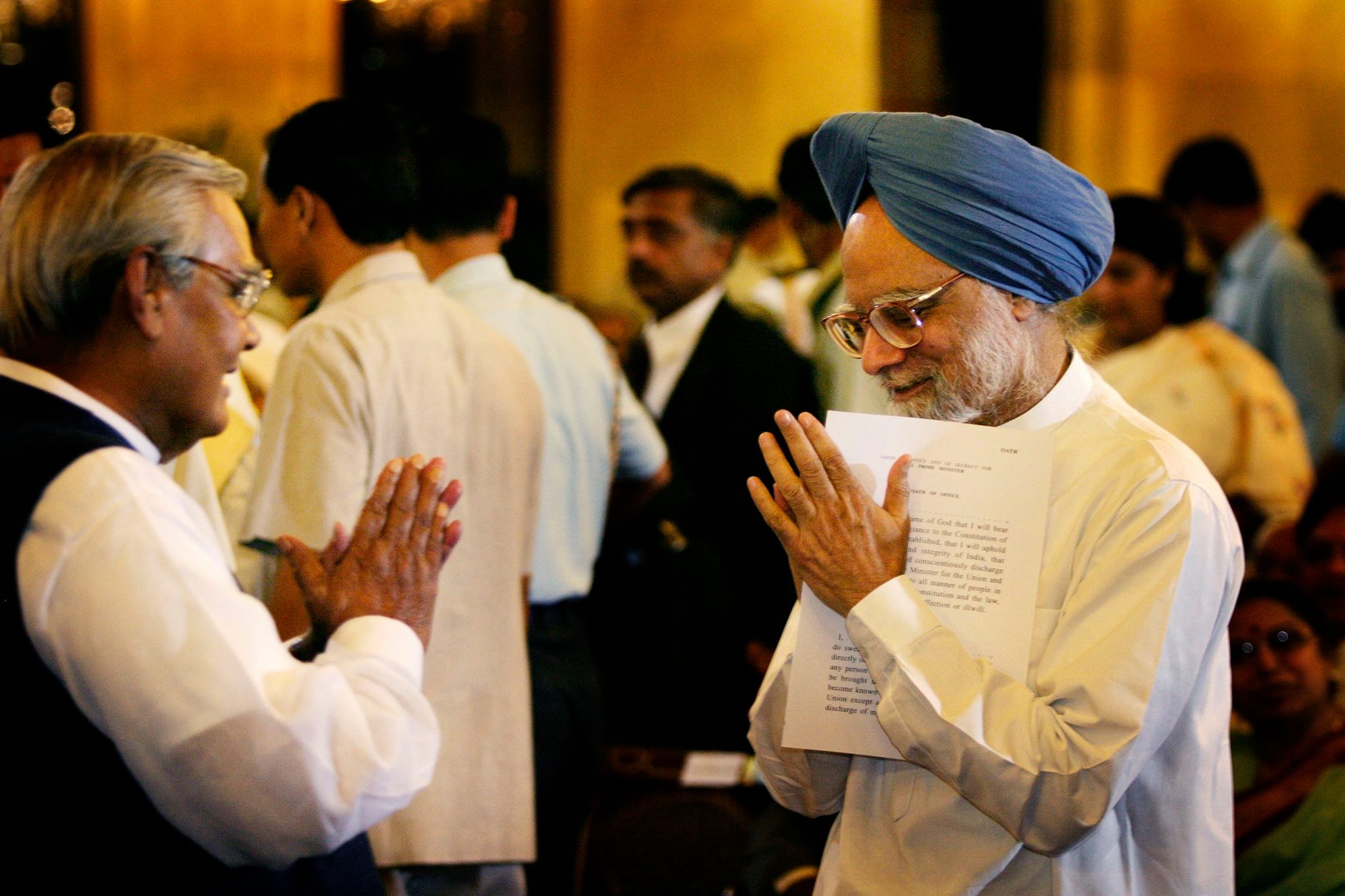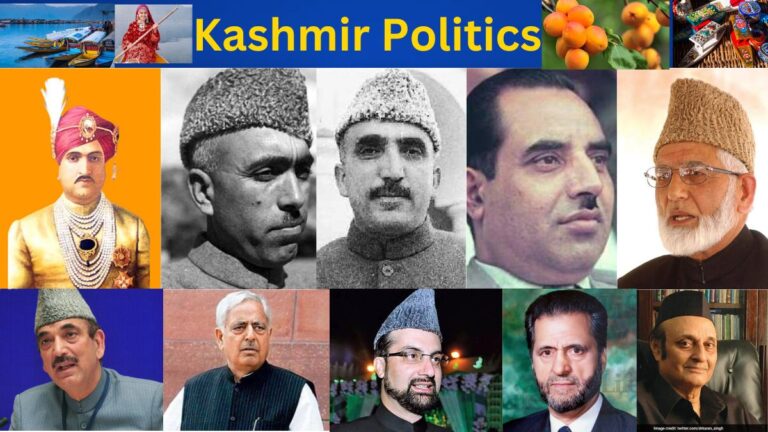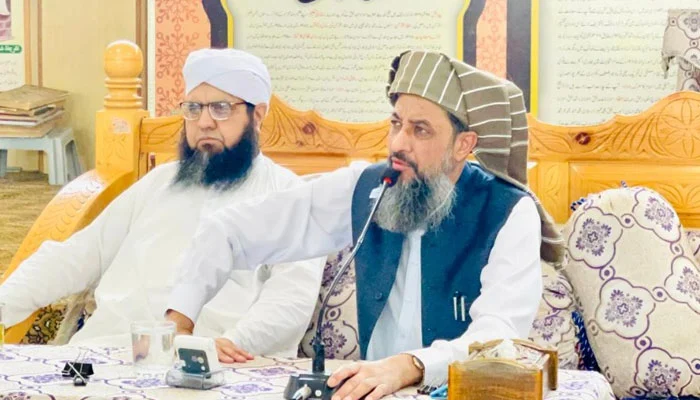Manmohan Singh: The Economist Who Reshaped India and Left an Indelible Legacy
Dr. Manmohan Singh, a name synonymous with vision, intellect, and service, is one of India’s most distinguished leaders. A master economist, erudite scholar, and steadfast politician, he left an indelible mark on India’s political and economic landscape. This article delves into his extraordinary life, tracing his journey from a humble scholar to one of India’s most respected Prime Ministers. We explore his remarkable contributions, his challenges, and his enduring legacy under 20 comprehensive headings.
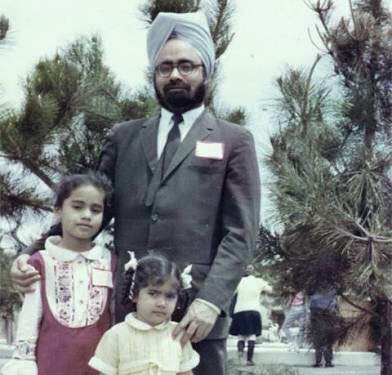
1. Early Life and Education
Dr. Singh’s journey began in Gah, now in Pakistan, where he was born in 1932. Despite humble beginnings, he displayed exceptional academic prowess, earning degrees from Panjab University, Cambridge, and Oxford. His educational foundation became the bedrock of his illustrious career.
2. Academic Excellence: Building an Intellectual Legacy
With honours in Economics from St. John’s College, Cambridge, and a D.Phil. from Nuffield College, Oxford, Dr. Singh’s academic contributions shaped the global understanding of economic policies.
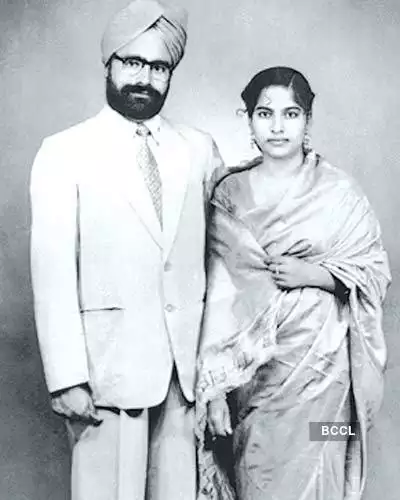
3. Career as an Academic and Economist
Dr. Singh served as a professor and lecturer, contributing significantly to India’s intellectual sphere. His tenure at institutions like Delhi School of Economics established him as an authority in economic theory.
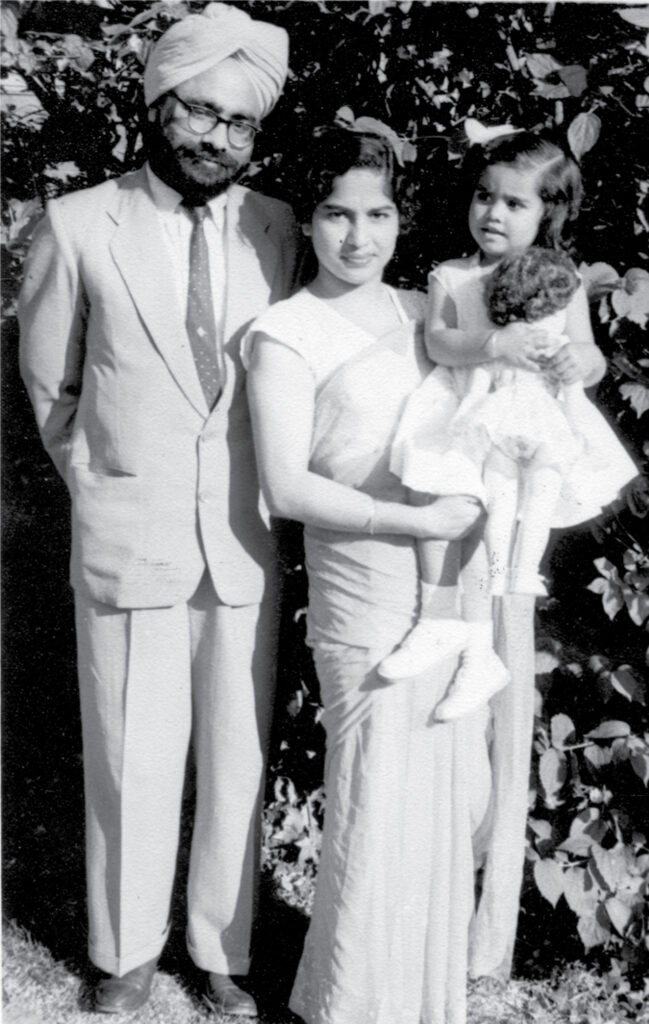
4. Joining the United Nations
In 1966, Dr. Singh’s global perspective expanded as he joined the UN’s Financing for Trade Section, where he gained insights into international trade and development.
5. Role as Chief Economic Adviser
Appointed as the Chief Economic Adviser in 1972, Dr. Singh began influencing India’s economic policies directly, laying the groundwork for future reforms.
6. Governor of the Reserve Bank of India
As RBI Governor (1982-1985), he tackled inflation and stabilized the financial sector, ensuring India’s banking system remained resilient.
7. Deputy Chairman of the Planning Commission
During his tenure, he played a pivotal role in framing India’s Five-Year Plans, focusing on growth and equitable distribution of resources.

8. India’s Economic Crisis of 1991
In 1991, India faced an unprecedented financial crisis. Foreign reserves dwindled, and economic stagnation loomed, paving the way for revolutionary reforms.
9. Becoming Finance Minister
As Finance Minister, Dr. Singh introduced landmark liberalization reforms, including opening India’s economy to foreign investments, privatizing state-owned enterprises, and modernizing trade policies.
10. Architect of Liberalization
Dr. Singh’s 1991 reforms are credited with transforming India from a closed economy to a global powerhouse, spurring GDP growth and reducing poverty.
11. Political Career in the Rajya Sabha
Dr. Singh’s political career saw him serving as a Member of Parliament in the Rajya Sabha for over three decades, advocating progressive policies.
12. Leader of the Opposition
Between 1998 and 2004, as Leader of the Opposition in Rajya Sabha, he offered constructive criticism and strengthened parliamentary democracy.
13. Becoming Prime Minister
In 2004, Dr. Singh became India’s 14th Prime Minister, leading a coalition government with diplomacy and integrity.
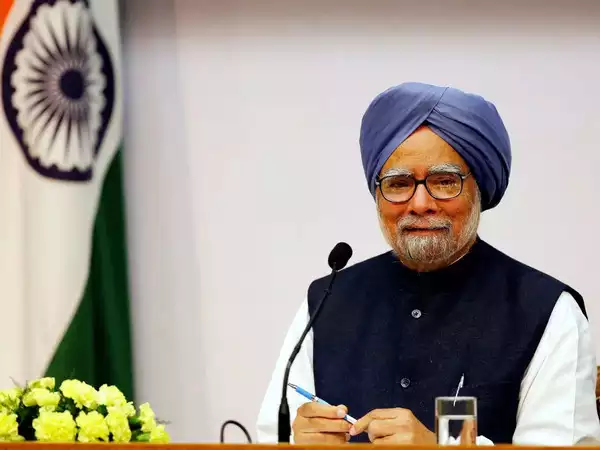
14. Landmark Policies as Prime Minister
Dr. Singh’s tenure witnessed transformative policies, including the Right to Information Act, National Rural Health Mission, and MGNREGA.
15. Foreign Policy Achievements
Under his leadership, India strengthened ties with global powers, signed the Indo-US nuclear deal, and expanded its international influence.
16. Focus on Economic Growth
Dr. Singh’s government achieved consistent economic growth, making India one of the fastest-growing economies in the world.
17. Challenges and Criticisms
Despite his achievements, Dr. Singh faced challenges, including coalition pressures and allegations of corruption within his government.

18. Legacy of Resilience and Integrity
Dr. Singh’s legacy is marked by his steadfast integrity, intellectual brilliance, and commitment to India’s progress.
19. Recognition and Awards
Over his career, Dr. Singh received numerous accolades, including honorary degrees, international awards, and widespread respect.
20. Inspiring Future Generations
Dr. Singh’s journey inspires millions to value education, humility, and perseverance, emphasizing the importance of service to the nation.
Conclusion
Dr. Manmohan Singh’s life and career symbolize the power of intellect and humility in shaping a nation. From steering India out of economic crises to laying the foundation for its global rise, his contributions remain unparalleled. A true statesman and visionary, he will forever be remembered as one of India’s greatest leaders, whose legacy will inspire generations to come.
You Might Also Like:
Due to Heavy Snowfall in Kashmir Flight Operations On Hold at Srinagar Airport
First Snowfall of the Season Brings Relief and Disruptions Across Kashmir
